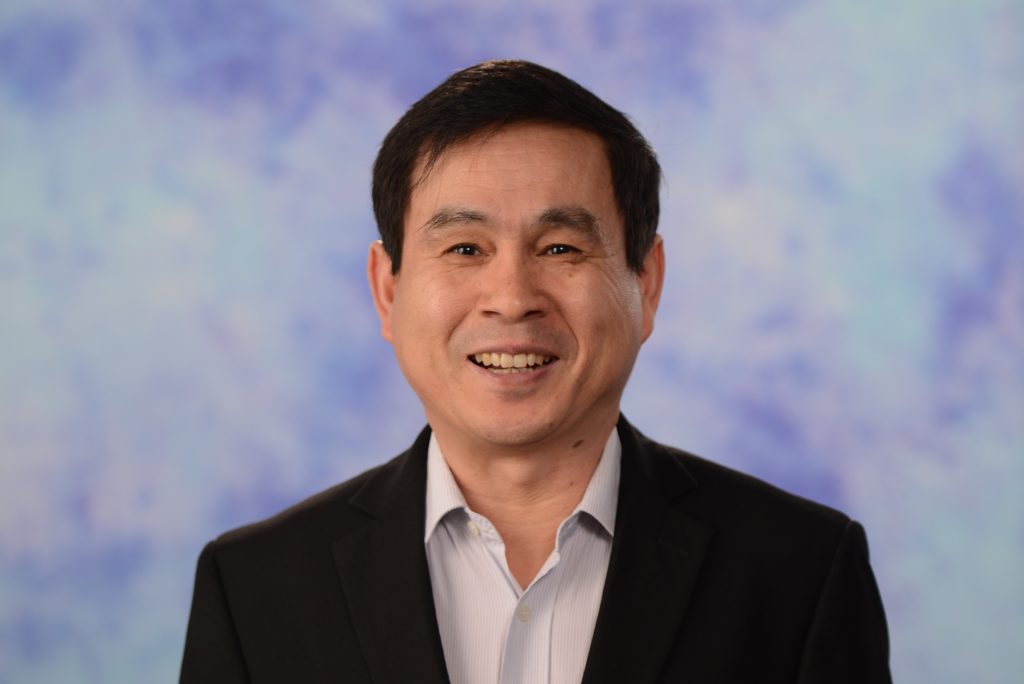Tech Talk – Short-range exposure during close contact and the environmental interaction
Debate and scientific inquiries regarding airborne transmission of respiratory infections such as COVID-19 and influenza continue. Exposure was investigated under a face-to-face scenario, where people experience the highest risk of respiratory infection. The short-range airborne route was found to dominate exposure during close contact. Based on the fact that most of the outbreaks occurred in indoor environments, we built the link between long-range airborne transmission and short-range airborne route. Results suggest that effective environmental prevention strategies for respiratory infections require appropriate increases in the ventilation rate while maintaining a sufficiently low occupancy.






